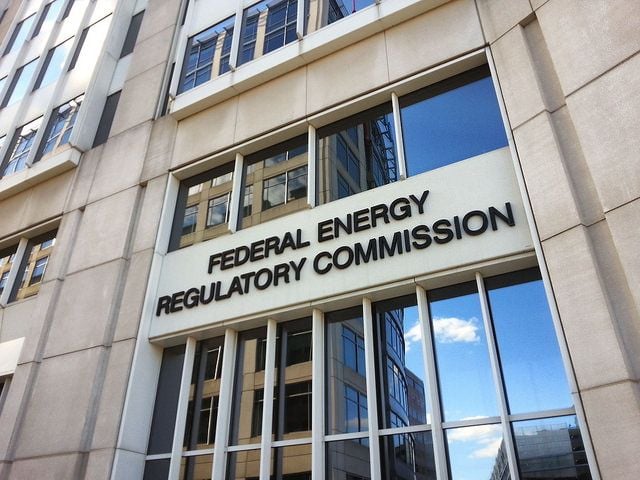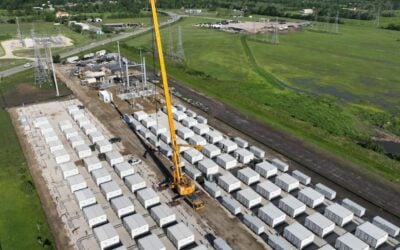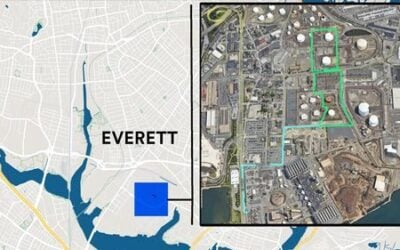
The US Federal Energy Regulatory Commission (FERC), is planning to host a technical conference on ‘hybrid resources’ – energy storage paired with generation – in July this year.
FERC made the announcement yesterday, defining ‘hybrid resources’ as “projects that are comprised of more than one resource type at the same plant location” and for the purposes of the inquiry being made, has further restricted this to generation sources with energy storage. The conference will be held on 23 July 2020, all day from 9am to 5pm Eastern Time.
With COVID-19 currently creating shutdowns of business and normal life around the world and uncertainty persisting over when recovery is likely to be possible, FERC has retained the option that the conference may happen in-person at its Washington headquarters, but may instead be staged wholly as a teleconference using WebEx software. Even if it is held in person, a Webex option will be available.
Registration is open now for attendees as well as for those interesting in participating as panellists.
Try Premium for just $1
- Full premium access for the first month at only $1
- Converts to an annual rate after 30 days unless cancelled
- Cancel anytime during the trial period
Premium Benefits
- Expert industry analysis and interviews
- Digital access to PV Tech Power journal
- Exclusive event discounts
Or get the full Premium subscription right away
Or continue reading this article for free
We have recently republished two feature articles on ‘hybrid’ power projects that include energy storage with solar and wind that first featured in the February edition of our journal PV Tech Power that you can read on this site: Joined at the hip: A hybrid future for onshore renewables which discusses what’s really driving hybrid power plants, and the regulatory and financing hurdles that must be surpassed to deliver them and Fine tuning the hybrid proposition, which looks at “some of the technical complexities of combining different technologies into a single, profitable entity”.





